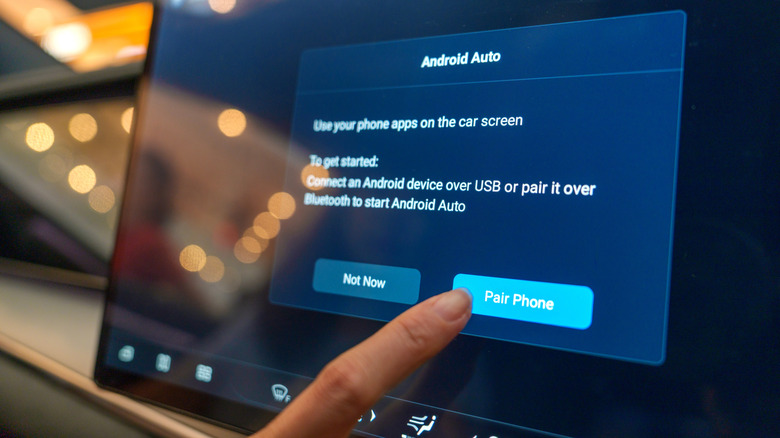Soon, Some Android Phones Won't Be Able To Use Android Auto Anymore - Here's Why
In the auto industry, much like in the tech sector, it's always out with the old and in with the new. Considering how fast new releases come about, it's inevitable that dated tech falls off the radar so quickly. Speaking of tech that's heading to obsolescence, Google appears to be in the final process of terminating Android Auto support for devices running software versions older than Android 9.0 (Pie). So, if you are still rocking a smartphone powered by Android 8.0 (Oreo), which came out in 2017, you'll be unable to use Android Auto after the latest app update.
The plan to end support for Android 8.0 and 8.1 has actually been a long time coming. After raising the requirement to Android 8.0 for Android Auto in 2022, the Mountain View, California giant decided to raise it again to Android 9.0 in July 2024. However, the implementation of such a change was somewhat delayed, allowing Android Auto users to still pair and receive updates on their Android 8.0 devices. With the latest Android Auto 15.5 beta, released in October 2025, the new minimum software requirement has been enforced. The update strictly lists Android 9.0 as the required minimum version for the driving companion app.
What this means for Android users stuck with version 8.0 and 8.1
According to the latest Android distribution figures, only 1% of active Android devices are still running version 8.0, while 3% run version 8.1. Once Android Auto 15.5 exits beta, these devices will no longer be eligible for future updates. Just recently, Android Auto got two useful Pixel features that improved the calling experience on the car infotainment system interface. Without new updates, dated Android devices will not have access to new features, bug fixes, and system improvements. Eventually, when Google retires the older app version, Android Auto will stop functioning entirely on Android 8.0-running devices.
You can't just not update your Android Auto either. You need to update the app to access the evolving features and functionality of the service. For older devices, while they can still use Android Auto for now, there will come a time when a required update or backend change will render them incompatible with the service. Given Google's track record of providing support, that time will likely be in mid-2026. There is no way to evade or ignore this change. The only way to keep enjoying what Android Auto has to offer is to upgrade to a newer Android device running the newer, if not the latest, Android version for the longevity of support.

